After Hurricane Maria, hundreds of young farmers, many women, have established bold approaches to agriculture—and their ideas are resonating beyond the island.

After Hurricane Maria, hundreds of young farmers, many women, have established bold approaches to agriculture—and their ideas are resonating beyond the island.
March 11, 2020
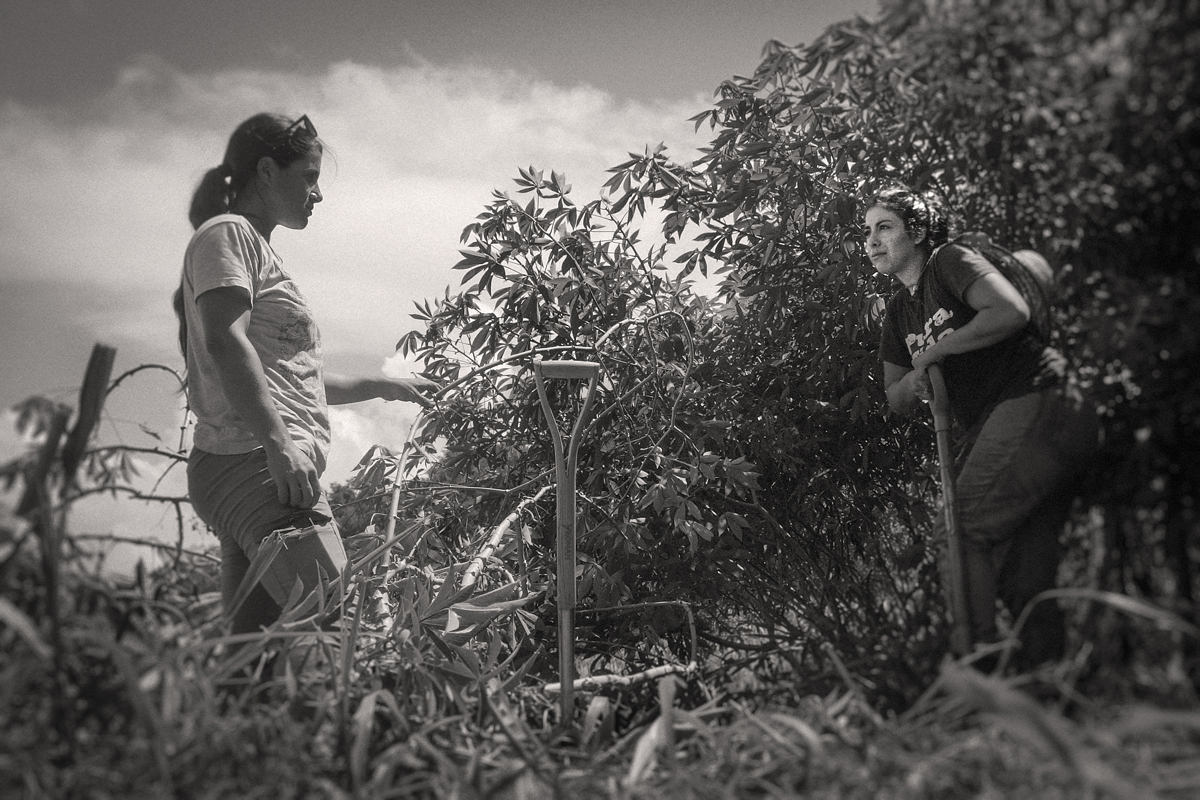
June 9, 2019 was an important day for farming in Puerto Rico. It was the first time hundreds of independent farmers from across the island came together for The First Congress of Independent Puerto Rican Farmers.
Organized by Ian Pagan-Roig, a farmer and a collective recipient of the 2018 Food Sovereignty Prize for his work in agroecology, the congress took place at Hacienda La Esperanza, a former sugar plantation lorded over by a slave-owning sugar baron named José Ramon Fernández in the 1800s.
After 200-plus years of operating as a plantation, it was fitting that the space hosted the progressive farmers who are turning around many of the economic, social, and environmental injustices that originated with the Spanish conquest and have persisted through decades of U.S. policy, culminating in the multiple crises following Hurricane Maria.
Pagan-Roig founded The First Congress—as well as the agroecological farm El Josco Bravo, located in the mountains along the northern coast of the island—in response to climate change. “Because of the climate emergency, we truly believe there is a sense of urgency,” he said. “It poses a serious threat to humanity, and agroecology offers alternatives. If we want to stop and reverse what is happening, we have to take drastic measures.”
The farmers at the Congress were largely young and stylish, their bodies adorned with tattoos and body jewelry, attendees understood how diversified small-scale farms work and how, by planting biodiverse crops, they can help address the climate emergency. Throughout the day, they met and shared techniques and then presented their ideas in a series of spirited presentations.

Yami Callazo, left; a mother of two and a farmer, at the Congress.
The hurricane—what it did was that it lifted up the pot and all the crickets were cooking,” said farmer Suley Angélica, of El Josco Bravo, implying that the hurricane revealed all the previously unseen problems already simmering in Puerto Rico After Maria, the first thing the farmers did was to repair their farms and grow food to feed their communities. But there were still a lot of crickets cooking after the farms were functioning, and the farmers started addressing the underlying social issues in Puerto Rico.
Before Maria hit, Puerto Rico imported approximately 85 percent of its food from abroad, mostly from the mainland U.S., because of colonial policy. Pagan-Roig wanted to put a dent in that number that because food imports left them dependent and without food sovereignty. His greatest concern was that Puerto Rico might be cut off in the case of a disastrous event like a hurricane.
After Maria, that’s exactly what happened: The island’s ports were so badly damaged ships could not dock. With no food coming in after the storm, people went hungry, and it’s believed that it contributed to the deaths of the elderly. However, farmers like Pagan-Roig were able to recuperate and start feeding their communities in the aftermath.
Pagan-Roig knows that more hurricanes will come, and he never wants to be dependent for outside help again. And many young people who will live their lives bearing the brunt of the climate emergency feel the same.

Ian Pagan-Roig
Pagan-Roig is a big believer in agroecology, a holistic approach to farming that takes into consideration the well-being of the earth, those who work it, and those who eat the locally grown food. Farming and land use account for approximately 23 percent of greenhouse gas emissions, and Pagan-Roig thinks farming with agroecological methods can draw down our carbon footprint in a variety of ways, in particular, by returning organic matter to the soil and drawing carbon out of the atmosphere. “This way of farming needs to be scaled up if it’s going to make an impact,” he says.
There has been plenty of discussion of the rise of young farmers in Puerto Rico since Maria. But the revival has done more than just bring food security to communities. The revival is also playing a transformational role in addressing many of the underlying social issues that have historically fallen under the radar.

Farmers rest and socialize during the Congress.
Many of the farmers are enterprising young women and they are bringing the culture of inclusion, tolerance, and social justice fostered in urban areas to a countryside that was once the provenance of industrialized farming dominated by men. Their bold approach to farming is having a transformative impact on Puerto Rican society at all levels, especially for women in need of safe and inclusive spaces.
“In commercial, industrialized farming, you’ll see men leading the way,” said Stephanie Nohemy Monserrate, a co-founder of Güakiá Colectivo Agroecológico, a collective of five young farmers in Dorado, along Puerto Rico’s northern coast. “That’s the difference here [on our farm]. We make it a safe place not only for women, but a safe place for children, the elderly, Black people, and immigrants. It’s safe for the whole world.”
Ivonne Ariana, another farmer with Güakiá, views the agroecological movement as vital for women on the island—and as a type of resistance. “Women haven’t found other spaces where we can develop ourselves freely,” she said. “It makes sense to have a lot of women here, because … women are needing these spaces, and we can find [them] here. Farming right now in Puerto Rico, the way we are doing it through agroecology, is a way for us to step out of the box.”

Ivonne Ariana
“Farming is very hard,” said Ariana. “It takes a lot out of us, and it takes us out of our comfort zones constantly. You have to really maintain yourself to stay strong. In this capitalist system, [it’s important to] stay strong and understand that you’re giving your life for something you believe in.”
The involvement of women in Güakiá—and in the agroecological farming movement more generally—has had a profound effect on what participants have been able to achieve. “When you have women on the farm, certain topics tend to have greater value, and these conversations become priorities to us,” said Monserrate, who helped found Güakiá. “When I was with a group of women, they were saying ‘We’re in a safe space. We feel safe.’ So when we have more women around, we are going to feel safer doing the work we do. And it creates more clarity for young girls—they’re wanting to do something, [and] they can see what we do as an option.”
To supplement her farming, Monserrate has also become an entrepreneur. Her current endeavor is making kombucha and teaching workshops to create additional income. She’s well aware that a modern farmer has to be as savvy about marketing trends as she is about understanding how the changing climate affects her crops.
“There’s so much more we can do to generate income to be self-sustaining, which is a lot of hard work,” she said. Having done the hard physical work on the farm, the possibilities that farming can generate is something she feels compelled to pass on to future generations through education and workshops.
“That was my first time giving a workshop to kids,” said Monserrate after leading a session on kombucha production at an elementary school in Orocovis, in the central mountains. “Kids can see [farming] as a future, or at least as a possibility. One phrase you say to a kid can stick to them and take them so far. It can change their whole lives—and for the better.”

Mariemines Ortiz-Torres (pictured above) is a 19-year-old agriculture student who arrived for a farm workshop after Monserrate’s talk. Ortiz-Torres was originally going to study orthopedics, but seeing an onion seed transform itself into something living was a transformational moment in her life. When she saw the seed for the first time, she thought it was a rock. Her teacher, Dalma Cartagena said, “No, sweetheart. Those are seeds, and you will see the magic and the power of nature in some months.”
“I saw how those seeds started to grow, and we were taking care of them with all the love and patience that we had, and yesss, finally that seed was turned into food,” Ortiz-Torres said. “When you treat nature with love, patience, and enthusiasm, you will have a reward.”
Torres also made sure to emphasize, “We all depend on farmers to eat three times per day. So if you think that this is your profession, go for it. It’s wonderful when you get paid for playing with the soil, water, sun, wind, and taking care of those plants waiting for that magical transformation.”
“We have a lemma, a saying: sueña e trabaja—dream and work,” Monserrate said. Her dreams are embedded in the land that she tends, but the future of her land is an uncertain one: “It’s getting hotter and hotter, making it more difficult [to work] and [giving us] less hours to be outside working.”
After Maria, it’s impossible to talk about farming without talking about the climate emergency, Monserrate said. She sees the role of her collective as building pre-resilience before another storm hits.
“Anything that comes our way, we’re going to be able to get through it and get past it,” she said. “In Puerto Rico, we’re seeing that climate change is really bad. The government’s response to [Maria] was bad as well, so we have to create a really good base, not only for farmers, but for the people who are doing the really hard and good work for the island.”
Some of the people doing that really good and hard work are also the ones that were marginalized by society before, such as the immigrants and women Monserrate now welcomes to her farm. By bringing everyone into the fold, these collectives are strengthening their communities. And when the next storm hits, they will all work together to recover using the skills and knowledge they’re currently developing and sharing. They see it as a kind of open-source version of farming, with acceptance and tolerance as its base.

Hurricane Maria destroyed the forests that surrounded Pagan-Roig’s farm, El Josco Bravo, creating a cascading set of problems that have lasted more than two-and-a-half years. Where trees once grew, acting as a buffer between the farm and its surroundings, there is now a jungle that constantly encroaches on his farm. The new jungle is also a place for iguanas, which eat his crops, to breed.
“For us, this is a matter of survival,” Pagan-Roig said. “We are still suffering [from the hurricane], and the country shows that … and we will continue to suffer going forward.”
Maria decimated many of the coastal mangrove forests—and the great egrets, cormorants, shrimp, starfish, crabs, and snails that lived in the ecosystem they created. Iguanas now use the wastelands that remain as breeding grounds.
“The iguanas survived the hurricane quite well, and the weeds that have sprung up are perfect for them to breed in,” said Pagan-Roig. “They’ve eaten up almost everything that we sowed.” There are about 3.2 million residents in Puerto Rico. By comparison, there are an estimated 4 million iguanas, which are often referred to as the green plague.
In Puerto Rico, there’s a saying that if you drop a few seeds into the land one evening, by the following day, you can have an entire garden you can live off of for a lifetime.
“People are simply used to going to the supermarket and buying what they need—they don’t see themselves without it,” said Angélica of El Josco Bravo. “But the moment you don’t have it, there’s no certainty. We’re trying to educate the people—ever since the storm, everyone [has] to be responsible. We have to build food certainty for our families, for our communities and the whole country.”

A fraction of one day’s harvest at El Josco Bravo.
After a long day’s work, there is also a lot of joy, lightness, and solidarity amongst the farmers. Angélica said of farming, “It’s a dream that will allow us to save our land, our natural resources, and our humanity.”

Top photo: Stephanie Nohemy Monserrate, right, and Ivonne Ariana, left, of of Güakiá Colectivo Agroecológico. All photos © Jake Price.
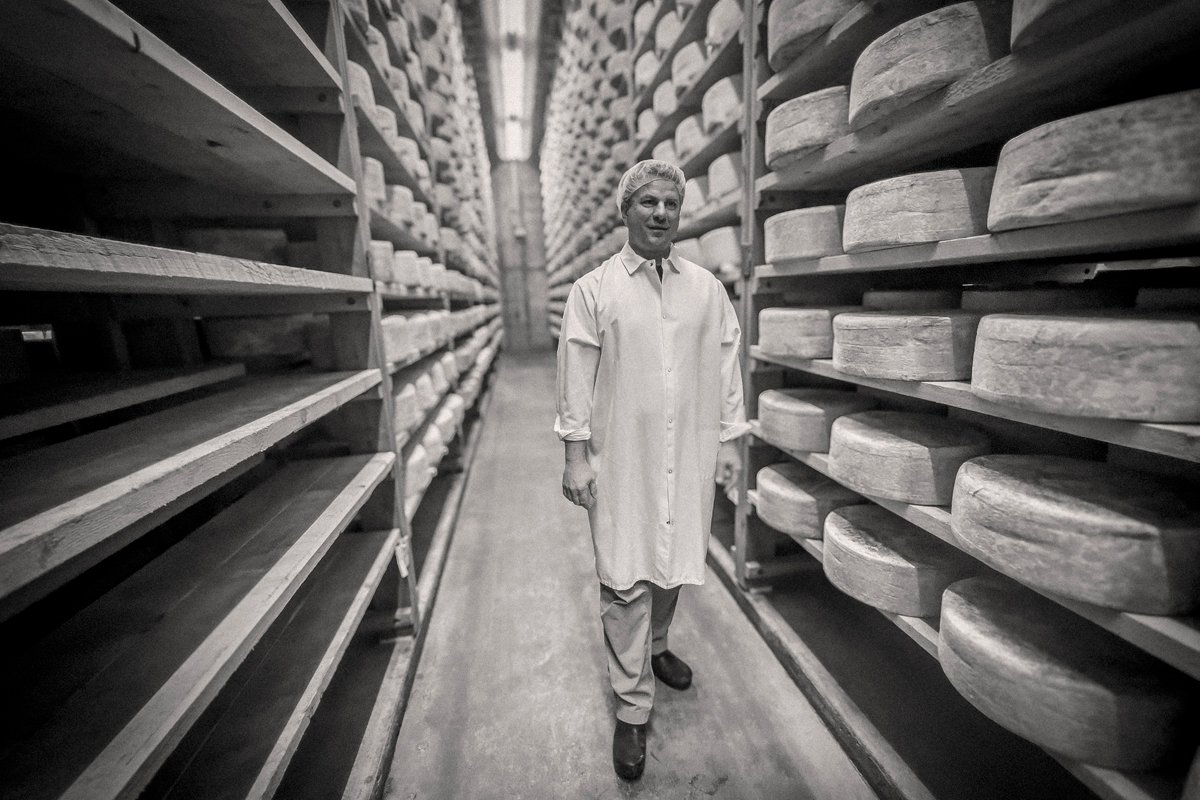
September 4, 2024
By paying top dollar for milk and sourcing within 15 miles of its creamery, Jasper Hill supports an entire community.
September 3, 2024
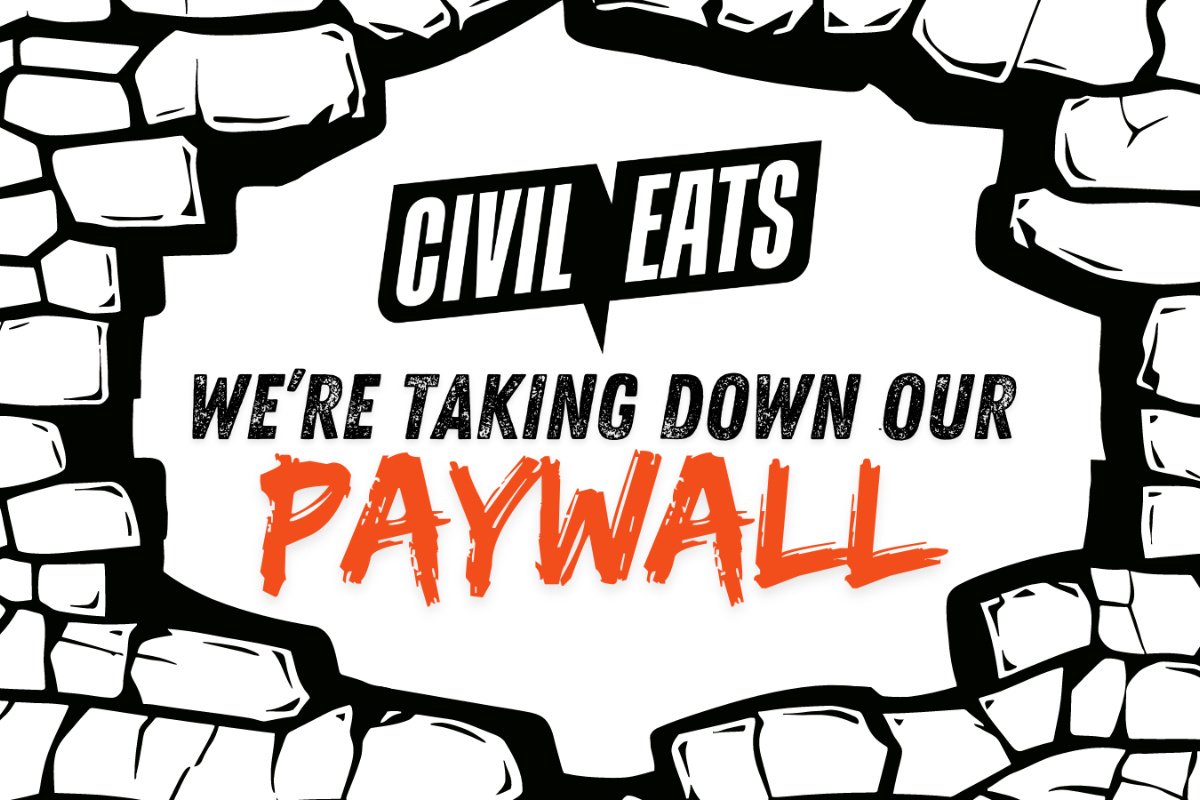
August 27, 2024
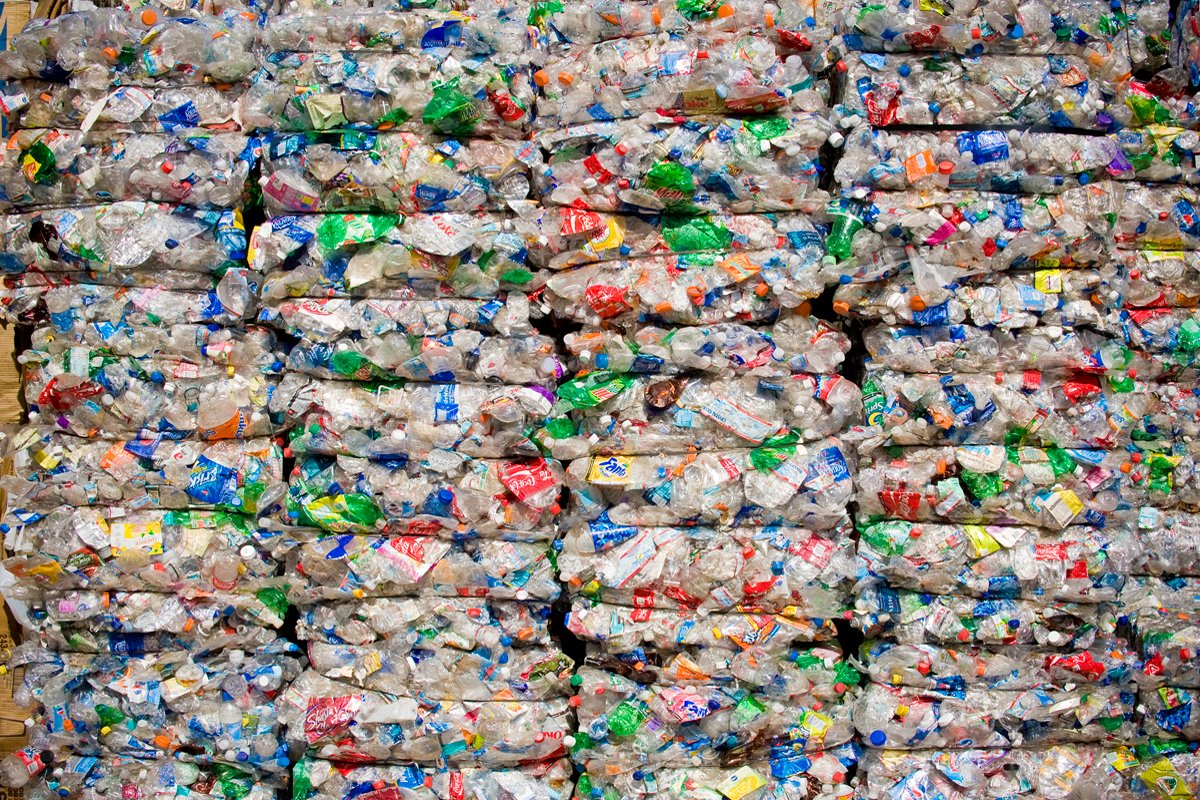
August 26, 2024
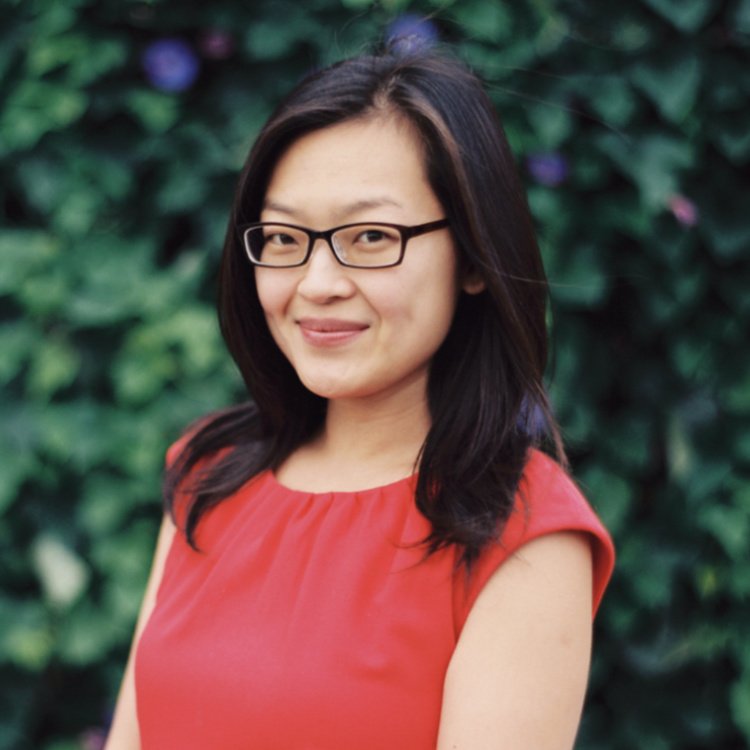
If so I would like to donate a subscription to one of my favorite
magazines called "ACRES".
Please let me know how I can get a subscription to the group.
My husband and I are looking at starting our next adventure in life as farmers in Puerto Rico following agroecology.
Como persona nacida y creiada en parte en los campos de PR, y ahora, como abogada de derechos humanos, me communico con el Congreso para solicitar ayuda y para ver si y como podemos unir nuestros esfuerzos para ayuda a los agricultores en Puerto Rico y en otras partes del mundo.
Por favor comunicarse con migo a celular numero (646) 479-9517 o por correo electronico a: wsd.unitedsikhs@gmail.com.